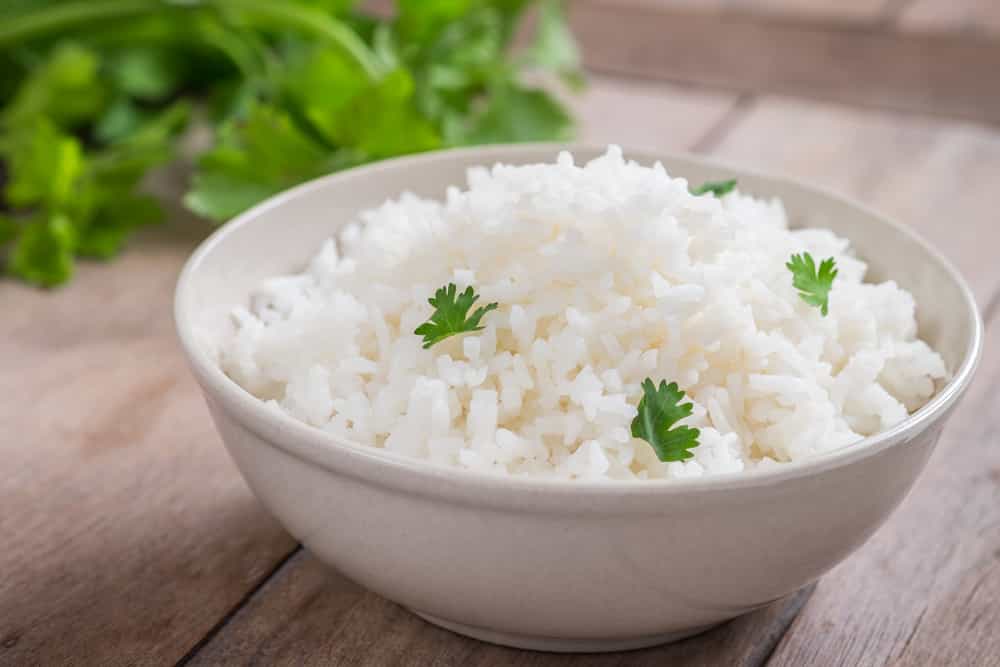7. Refined Grains

Refined grains, such as those found in white bread, white rice, and regular pasta, have had their fiber-rich outer layers removed during processing. This not only strips them of nutritional value but also impacts their effect on digestive health, particularly for individuals with diverticulitis. The lack of fiber in refined grains can lead to constipation, which may exacerbate the condition by increasing pressure in the colon. This pressure can aggravate the diverticula, leading to inflammation and potential complications. As a result, healthcare professionals often recommend that those managing diverticulitis opt for whole grains instead, which retain their fiber and support a healthy digestive system.
Incorporating whole grains into the diet provides the body with essential nutrients and the fiber necessary for smooth digestion and bowel regularity. Foods like whole wheat bread, brown rice, quinoa, and oats are not only beneficial for digestive health but can also help prevent the onset of diverticulitis symptoms by maintaining a healthy gut environment. The transition to whole grains from refined grains can have a positive impact on overall health, beyond just managing diverticulitis, including improved heart health and reduced risk of chronic diseases.
Making the switch to whole grains requires a conscious effort to choose healthier options and may involve a period of adjustment as the body adapts to increased fiber intake. It’s important to increase fiber gradually to avoid potential discomfort such as bloating or gas. Consulting with a healthcare provider or a dietitian can help ensure that this transition is made smoothly and that the diet remains balanced, providing all the necessary nutrients for managing diverticulitis and supporting overall health.
